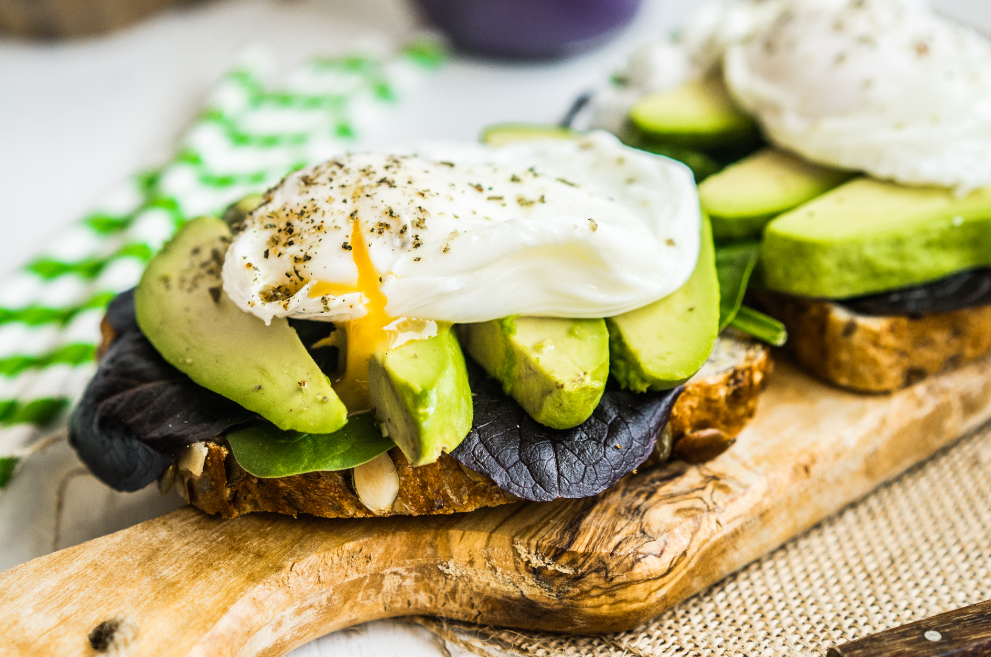Vitamins and minerals are vital for keeping our bodies healthy and functioning well. A lack of vitamins and minerals will impair athletic performance.

Refer to this table for examples of key vitamins and minerals for an athlete’s diet, and some food sources:
| Vitamin | Purpose | Good Sources |
| Thiamine (Vitamin B1) | Helps break down carbohydrates and protein for energy | Whole grains, enriched grains, fortified cereals |
| Riboflavin (Vitamin B2) | Essential for energy production | Almonds, milk, yogurt, fortified grains |
| Niacin | Supports anaerobic and aerobic performance | Meat, fish, poultry, peanuts, enriched grains |
| Vitamin B6 | Essential for energy production and hemoglobin production | Meat, fish , poultry, eggs, beans, whole grains, seeds |
| Vitamin B12 | Helps deliver oxygen to tissues | Animal products or supplements only! Seafood, meats, milk, cheese, eggs, fortified cereals |
| Vitamin D | Important for bone health and muscle function | Fortified milk and cereals, seafood, eggs |
| Pantothenic Acid | Helps breakdown fat, protein and carbohydrates into energy | Poultry, seafood, nuts, seeds, avocados and whole grains |
| Mineral | Purpose | Good Sources |
| Sodium | Regulate body fluids | Salt, breads, salted nuts |
| Potassium | Maintains proper pH balance | Potatoes, squash, seafood, lima beans and white beans, bananas |
| Calcium | Aids in muscle contraction | Dairy products, spinach, beans, fish, fortified foods |
| Iron | Production of hemoglobin, aids in oxygen transportation | Meat, poultry, seafood, lentils and fortified grains |
Did You Know…
A varied diet is the most effective way for athletes to meet their vitamin and mineral needs. Intensive exercise routines may lead to an increase in the need for some micronutrients.
All athletes, and especially vegetarian athletes, should make sure they are getting enough iron, B12, zinc, calcium, and omega-3 fatty acids.


